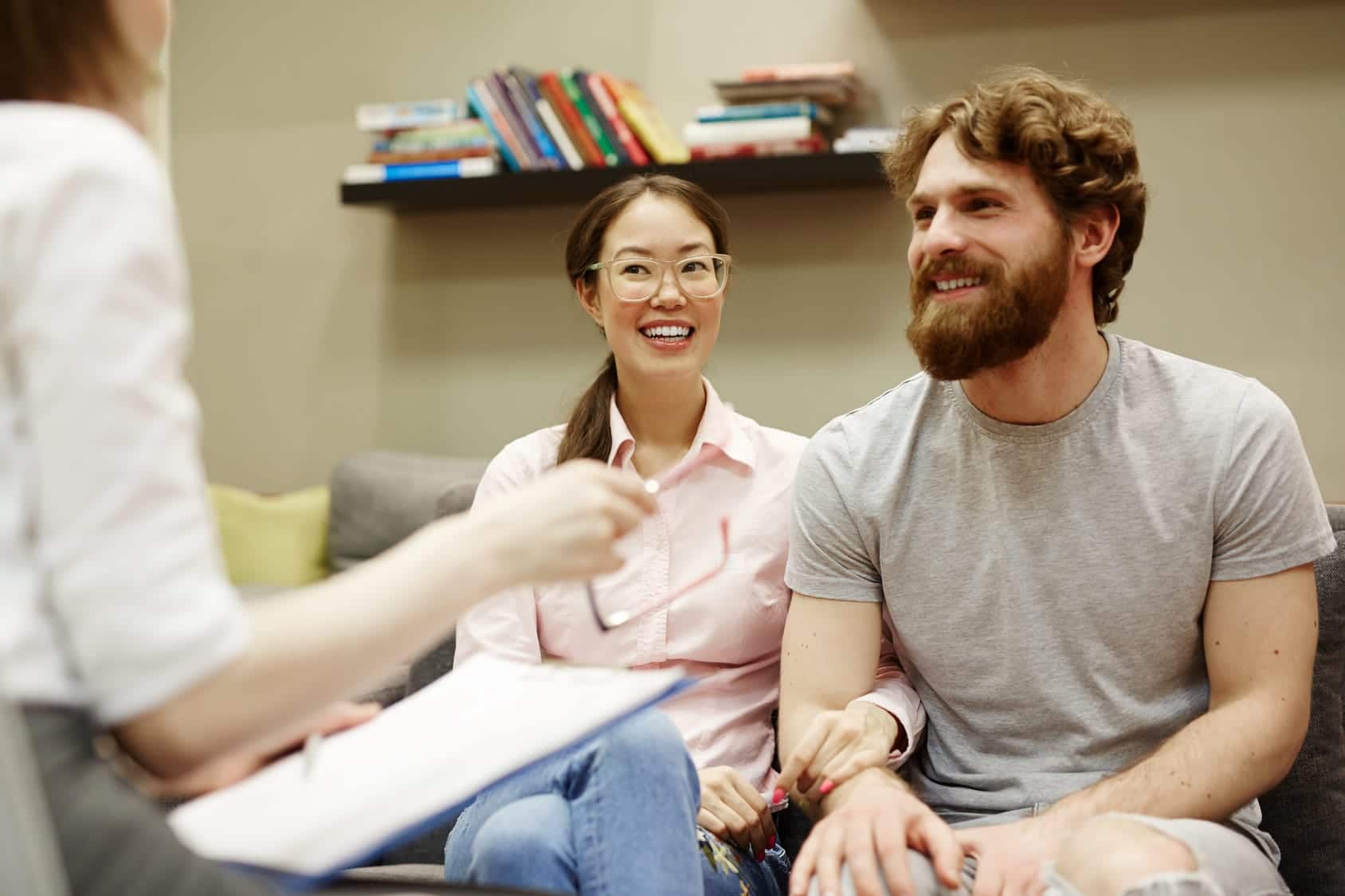

By: Michael Rass
Once patients are discharged from residential rehab, they enter what The Recovery Book calls the “yellow zone.” The person in recovery “is restoring and rebuilding relationships” and is “restoring his spiritual life.” Family support continues to be crucial in this period of early recovery. After family members participate in Lakeview’s three-day family therapy workshop, they can apply the strategies learned to support their loved one engaged in the hard work of maintaining sobriety. All family members have to be “open, sharing, caring, thoughtful, forgiving, and, most of all, not controlling,” write the authors of The Recovery Book. Fortunately, families are not on their own. “They can always rely on Lakeview’s aftercare support once the residential treatment phase is over,” says family therapist Ken Wynn. “They can contact me, an alumni coordinator, or their primary therapist. Every patient leaves with an individualized aftercare plan that also includes a referral to a family therapist.” Despite all the support, living with the “new” person in recovery will be challenging. All sides need to work on re-establishing trust. “They need to be able to rebuild trust in small steps,” says Wynn. “Parents and spouses should give the person recovering from addiction the freedom to establish their own support recovery network.” That can occasionally be a problem. Spouses, in particular, may have trouble adjusting to their partners going to 12-Step meetings quite frequently. They just got their partner back—a partner who had been mentally and emotionally absent during active addiction for a long time—and now he or she is spending a lot of time with other people, such as members of a recovery fellowship. “They need to be mindful of feeling envious,” says Wynn. “It is not helpful to be jealous of support groups.” Patients, partners, parents, and siblings all need to work on tolerance and empathy. “Compassion is the most powerful tool you can have when it comes to healing addictions of any kind,” write Christopher Kennedy Lawford and Beverly Engel in When Your Partner Has an Addiction. A good understanding of the disease or addiction and compassionate communication are crucial. Any codependent behavior has to turn into compassionate support. Addiction is a chronic condition that is not easy to overcome. For many people, going back to their home communities means being reminded of their past behavior every day, along with temptations and triggers. It can be difficult to remain sober in such an environment without an effective aftercare program and strong support from friends and family. Cravings must be checked for the rest of the patient’s lifetime. Coping skills acquired in rehab and reinforced during aftercare will help with this. Family members can help with this challenge by being mindful about possible triggers and providing emotional support in stressful situations. If patients, therapists, family members, and Lakeview staff all work together, patients have better chances of reaching the “green zone” of sustained recovery. “The Green Zone is all about extending and enjoying the life that was saved in the Red Zone and rebuilt and revitalized in the Yellow Zone. It is the equivalent of a normal life, but with the ongoing recognition of recovery issues and a clear sense of purpose.” (The Recovery Book) Restoring strong family bonds, a commitment to sobriety, and a renewed sense of purpose will help pave the way on the recovery journey.





